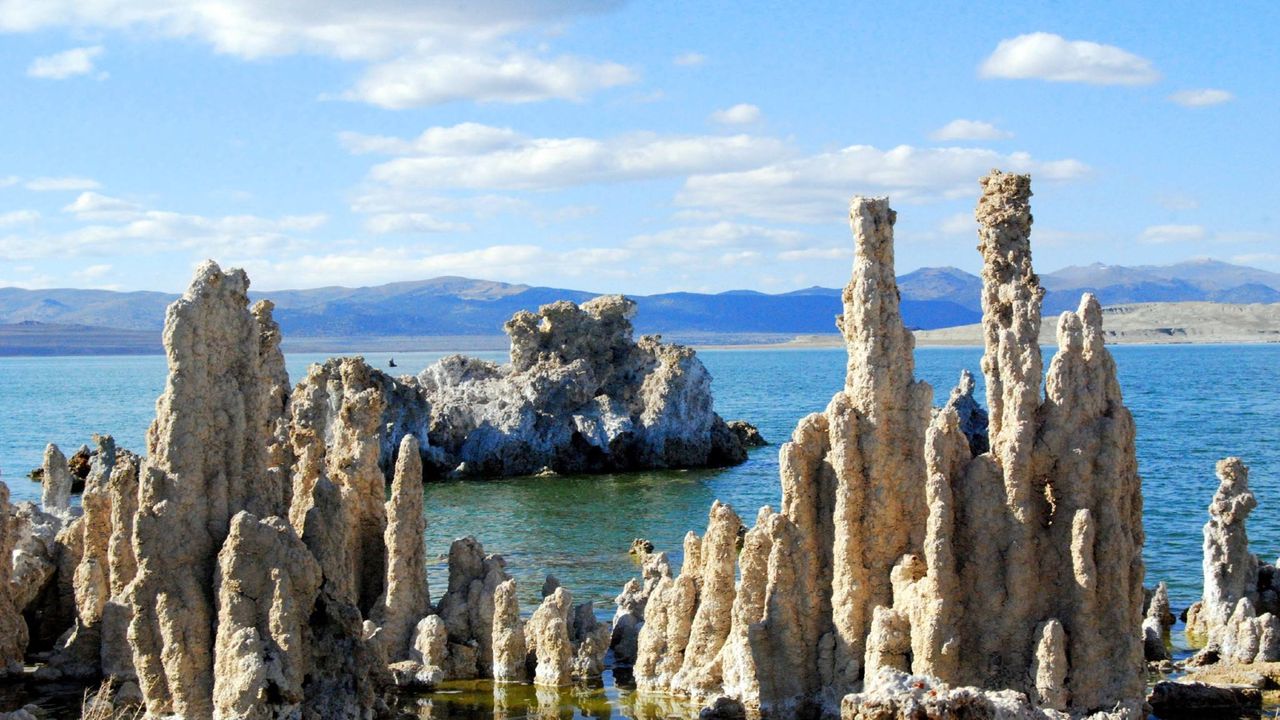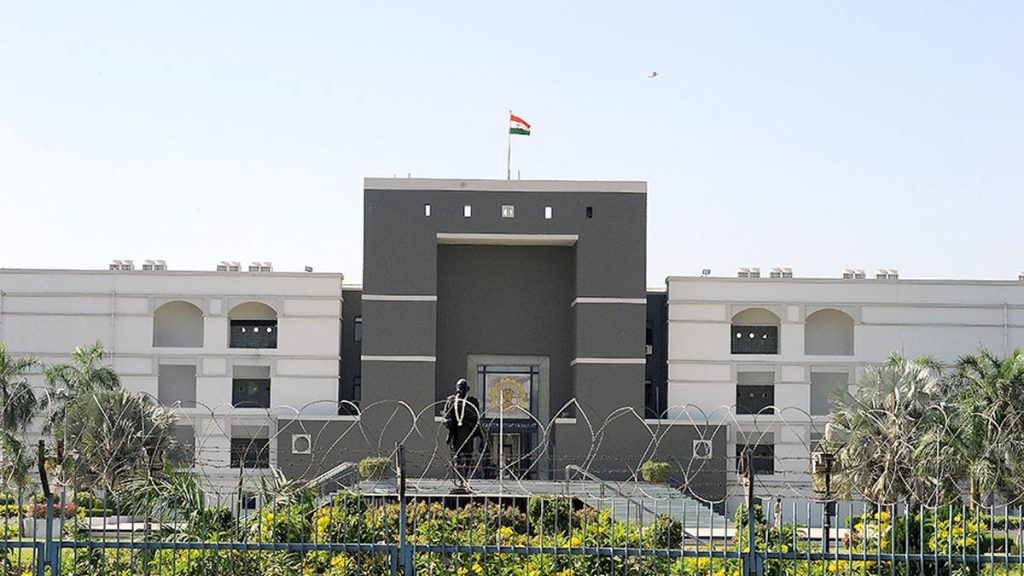Now Reading: Scientists Defend Controversial Arsenic-Life Study After 2010 Paper Retraction
-
01
Scientists Defend Controversial Arsenic-Life Study After 2010 Paper Retraction
Scientists Defend Controversial Arsenic-Life Study After 2010 Paper Retraction

Fast Summary
- The journal Science has retracted a 2010 research paper that claimed the revelation of arsenic-based microbial life in Mono Lake, California.
- the original study controversially posited that microbes replaced phosphorus with toxic arsenic in their DNA and biochemistry.
- Critics instantly challenged the findings, citing contamination and flaws in methodology, stating phosphorus was present in the samples. Attempts to replicate results by independent teams failed.
- Author Felisa Wolfe-Simon defended the work but ceased active research after facing harsh criticism and verbal abuse from peers over the years.
- Science editors explained the delayed retraction is due to evolving standards of retraction-were earlier fraud or misconduct was required; now flawed experiments alone can justify it without evidence of manipulation.
- Wolfe-Simon’s team objects to this decision, arguing their data went through peer-review debate and meets publication ethics guidelines like COPE (Committee on Publication Ethics).
Image Descriptions:
1) Rock formations at Mono Lake where arsenic-based life purportedly existed (Credit: NASA).
2) Transmission electron micrograph showing GFAJ-1 bacterium which allegedly incorporated arsenic instead of phosphorus (Credit: Science/AAAS).
Indian Opinion Analysis
the controversy surrounding the retracted paper reveals deeper issues about scientific integrity, scrutiny, and collaboration within global research communities-a topic India should also reflect upon given its own growing investments in science and technology sectors like ISRO’s ambitious space explorations or biotechnology developments.
Retracting papers without explicit fraud introduces complexities around objective criteria for invalidating prior claims while navigating pressures for scientific breakthroughs globally. India’s regulatory bodies must adapt similarly stringent yet fair frameworks as international practices evolve.
Moreover, addressing hostile response culture toward controversial hypotheses is critical-not only for fostering innovation but also ensuring young researchers feel secure pursuing bold explorations across domains like astrobiology or alternative biochemistries relevant beyond Earth’s organic models.
Looking forward, India could use these lessons to strengthen ethical review protocols within institutions while nurturing a supportive surroundings for dissenting ideas among scientists-crucial steps for advancing cutting-edge interdisciplinary investigations domestically amidst rising aspirations as an emerging scientific leader globally.
























